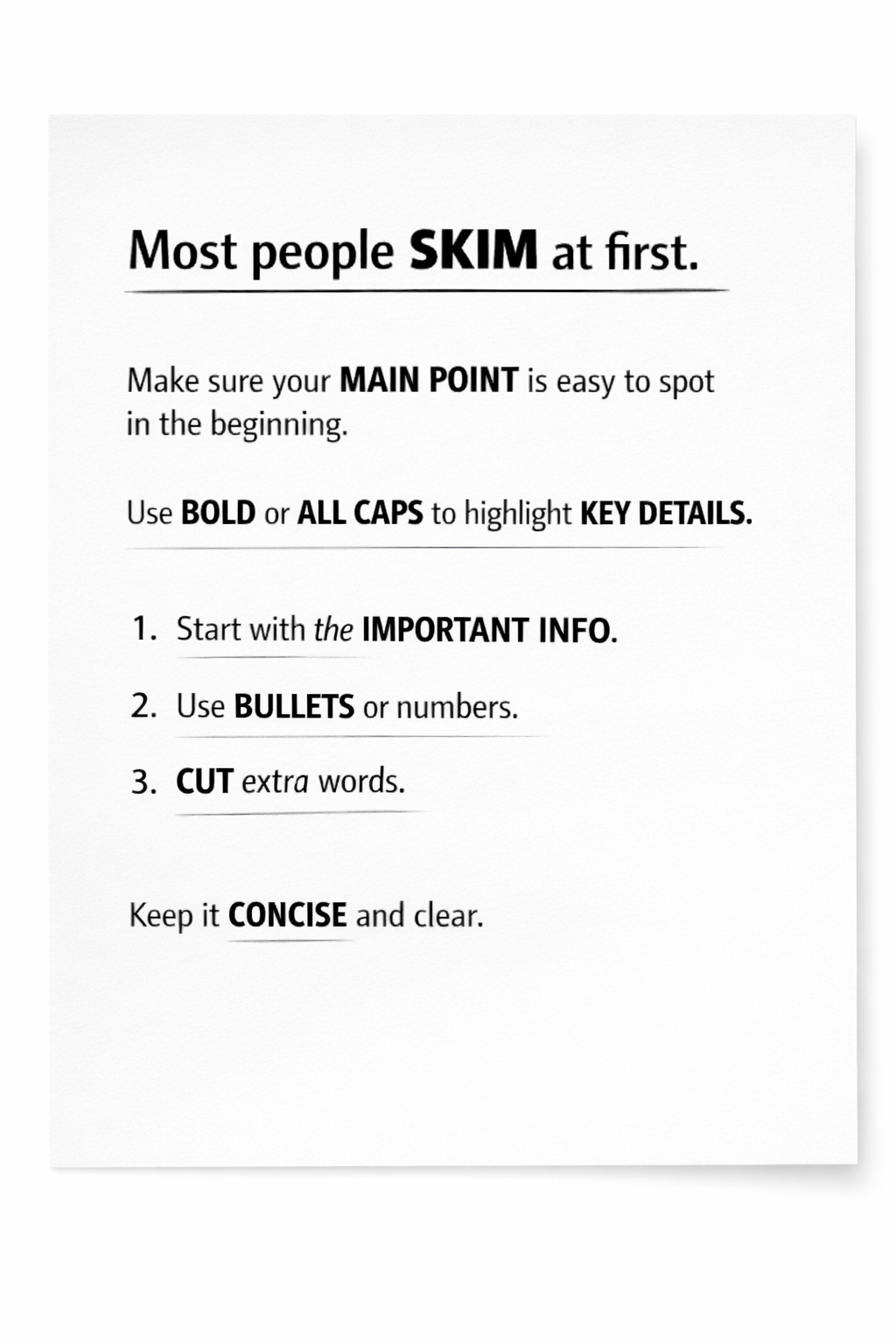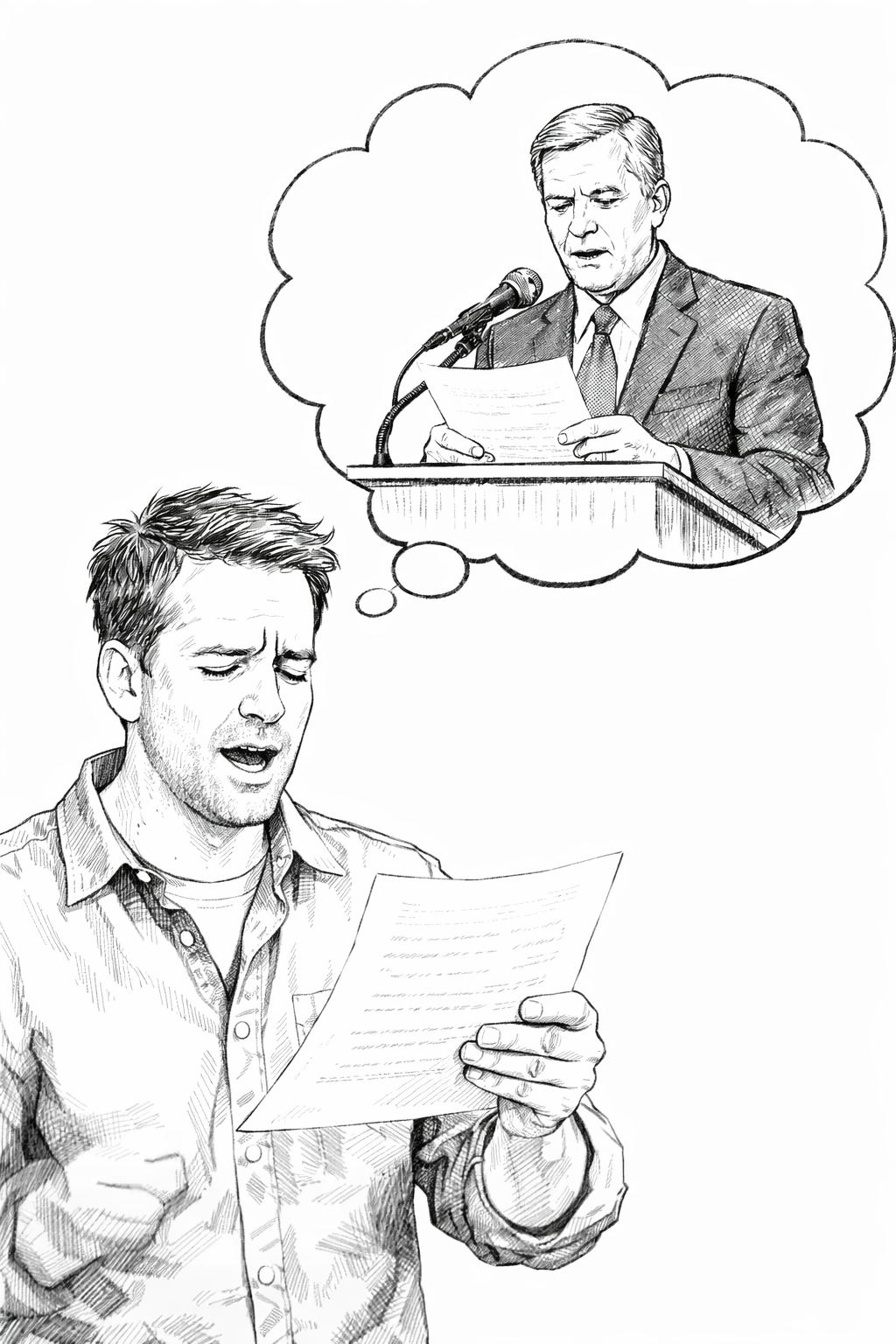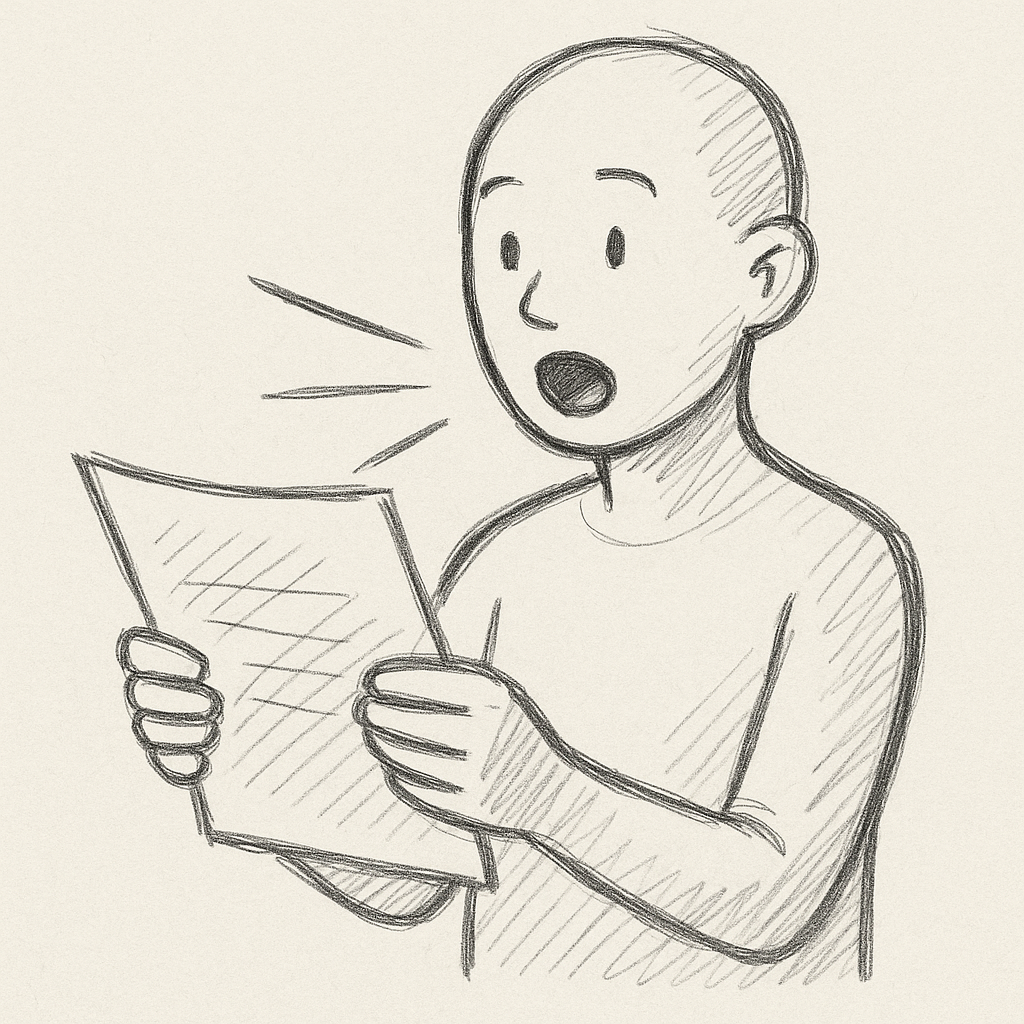Nib #85 Read Orwell’s “Politics and the English Language”
This week marked 80 years since the publication of George Orwell’s Animal Farm. The Nib hopes the anniversary spurs new interest in the novel — and its author.
Everyone knows Animal Farm and Nineteen Eighty-Four, and should. But young writers, in particular, should also make a point to read Orwell’s third most famous work — his 1946 essay “Politics and the English Language.”
The essay is one part warning about politicians and pundits’ corruption of political rhetoric, and one part plea to writers of good will to resist the trend. To Orwell, writing with clarity, concision, originality, and most of all care is a writer’s civic and patriotic duty.
In a democracy, Orwell argues, political advocacy should be put to the sovereign people as clearly and plainly as possible. Advocates should use language to cut through the fog of elitist and partisan obfuscation, not to hide in it.
The essay’s six rules of writing are chestnuts for a reason:
- Never use a metaphor, simile or other figure of speech which you are used to seeing in print.
- Never use a long word where a short one will do.
- If it is possible to cut a word out, always cut it out.
- Never use the passive where you can use the active.
- Never use a foreign phrase, a scientific word or a jargon word if you can think of an everyday English equivalent.
- Break any of these rules sooner than say anything outright barbarous.
But young writers really should read the whole thing; it’s one banger after another:
“In our time it is broadly true that political writing is bad writing.”
“The word Fascism has now no meaning except in so far as it signifies ‘something not desirable’.”
“Orthodoxy, of whatever colour, seems to demand a lifeless, imitative style.”
“The inflated style is itself a kind of euphemism.”
“The great enemy of clear language is insincerity.”
“What is above all needed is to let the meaning choose the word, and not the other way about.”
Read “Politics and the English Language” this weekend. In just fifteen minutes, it will make you a better writer and maybe a better citizen, too.
Until next week… keep writing!











